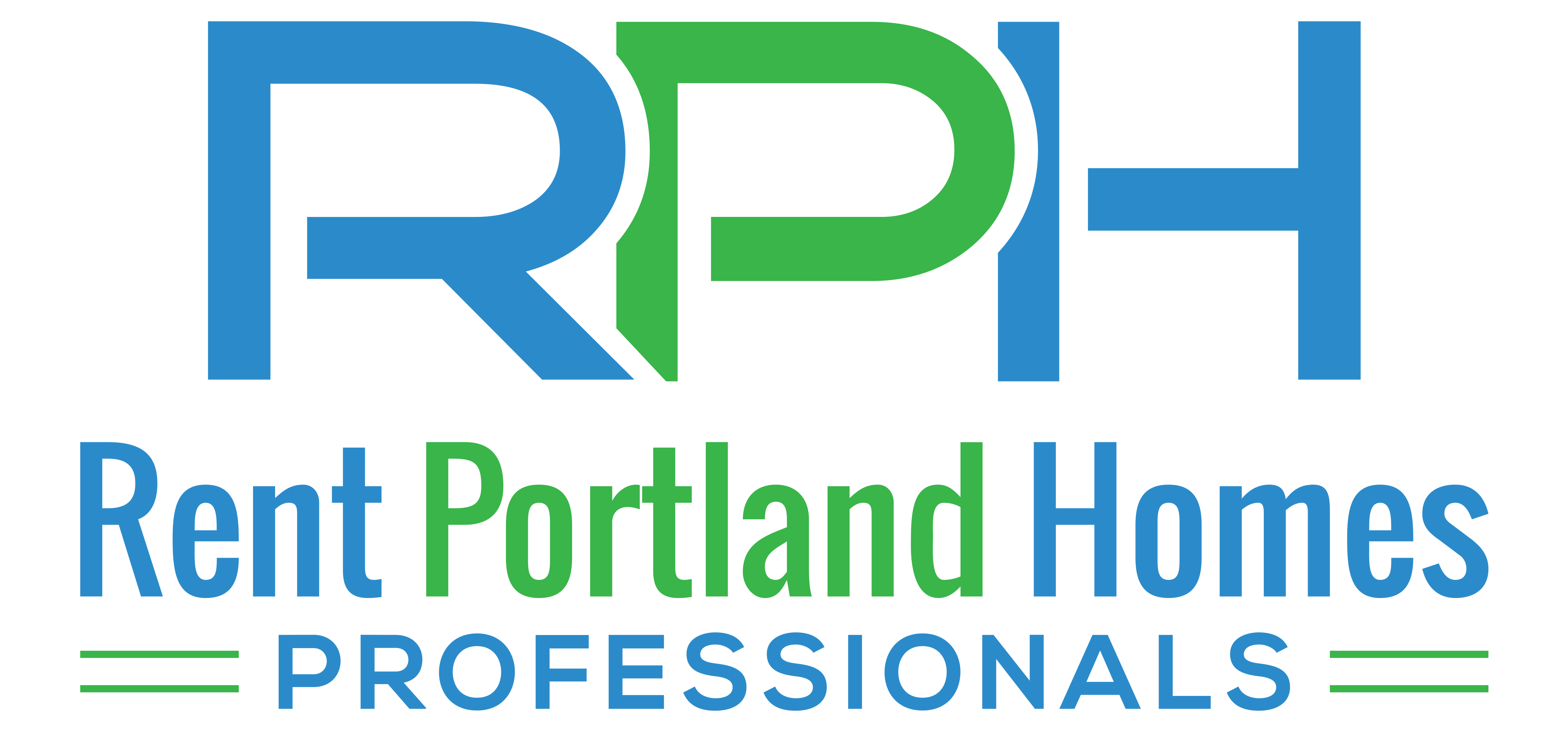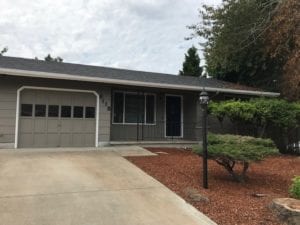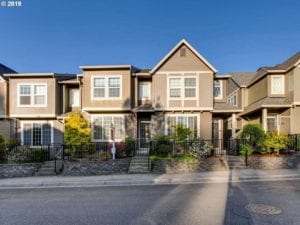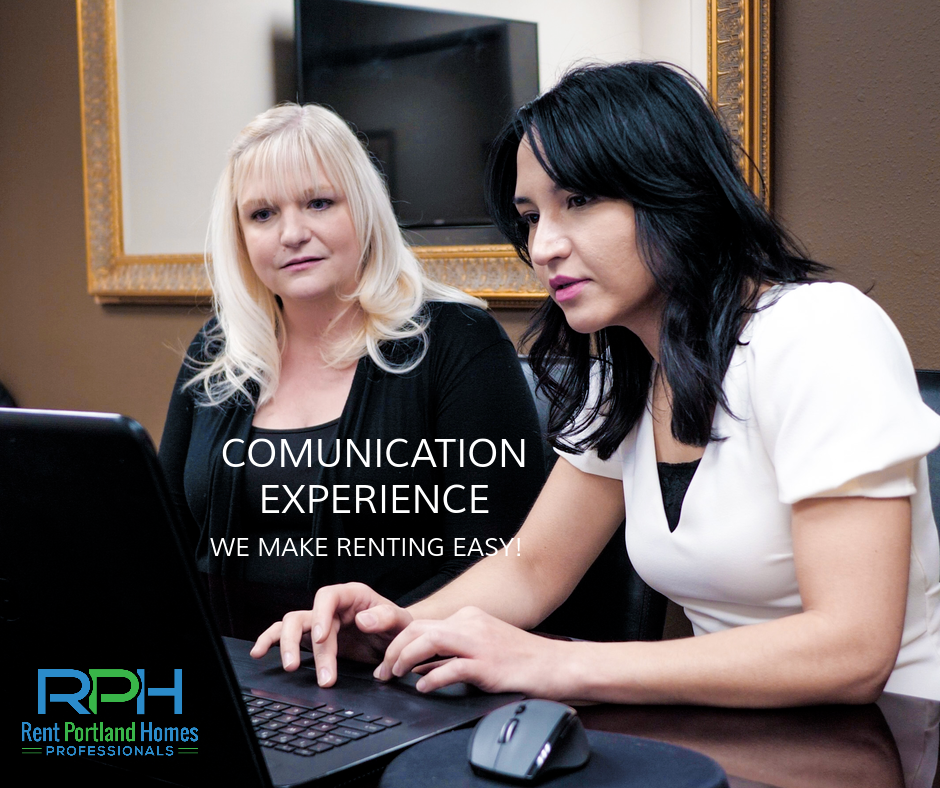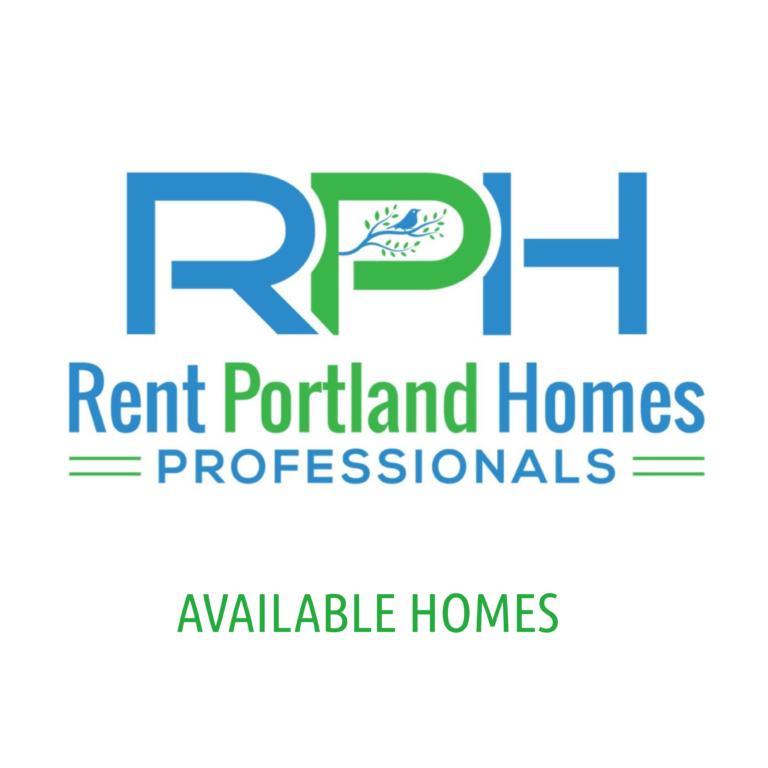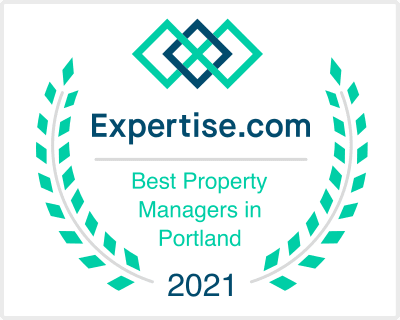Real Estate Investing Terms and Definitions Every New Investor Should Know

Are you planning on investing in real estate in Portland Oregon or elsewhere in the United States? If so, there are a wide variety of real estate terms and definitions that you must know.
Every industry has its share of jargon and acronyms, and real estate is certainly no exception. This can be intimidating to property investing newbies, so we’re breaking down some common real estate investment terms in a reader-friendly glossary.
Check out our list of real estate investment terms every investor should know and add some new lingo to your lexicon. If there’s anything else you’d like to see on this list feel free to leave us a comment below.
Definition: Capitalization rate, or cap rate for short, is used to measure the annual rate of return on a real estate investment based on the profit that property is expected to generate. Simply put, it’s the ratio between the net operating income (NOI) and purchase price. Cap rate is calculated by dividing net operating income (NOI) in the first year by the property purchase price. (NOI excludes loan costs if you used financing).
Example: Say you purchase a property for $150,000. The expected NOI in the first year is $12,000.
$12,000/$150,000 = 0.08
Cap rate: 8%
Why it matters: Cap rate is one piece of the puzzle to include when evaluating an investment property. Lower-yielding properties tend to be safer investments, while higher-yielding homes typically come with a little more risk. Both types of properties potentially have a place in your rental portfolio—it’s just a matter of why you’re investing in rental income properties and what you hope to achieve. Are you looking for higher monthly cash flow, more stability, or something in between? In theory, cap rates can signify varying levels of risk. Higher cap rates may correlate to a higher amount of risk in the purchase, and vice versa. At Roofstock, our marketplace features properties with a variety of cap rates that generally range from 3%-12%.
Term: Net Operating Income
Definition: Net operating income (NOI) is a measure of a real estate investment property’s potential to be profitable. It’s calculated by estimating the property’s revenue and subtracting all operating expenses such as repairs, maintenance, property taxes, HOA fees, etc. NOI does not include mortgage payments.
Why it matters: NOI allows you to analyze properties of all different types without looking at financing terms. NOI is also required to calculate cap rate.
Revenue – all reasonably necessary operating expenses = NOI
Term: Cash Flow
Definition: Cash flow is the amount of money you can pocket at the end of each month, after all operating expenses (including loan payments) have been paid. If you spend less money than you earn, your cash flow will be positive. If you spend more money than you earn, your cash flow will be negative.
Rental income – all operating expenses (including loan payments) = Cash flow
Why it matters: Consistent monthly rental income is one of the most appealing reasons to invest in real estate. Ideally, an investment property should be cash-flow positive. This means rent is higher than the monthly mortgage, which provides a steady stream of passive income. This passive income can go toward maintenance expenses, the down payment on another investment property, or a savings account.
Term: Cash-on-Cash Return
Definition: This figure is the ratio of annual pre-tax cash flow to the total amount of cash invested, expressed as a percentage. Cash-on-cash return measures the yearly return in relation to how much money you put down. It doesn’t take into consideration some of the other benefits of rental property ownership, including appreciation, loan paydown, depreciation and other tax benefits. Whereas calculations based on standard ROI take into account the total return on an investment, cash-on-cash return only measures the return on the actual cash invested. It’s the cash you’ve got left after one year, divided by the cash you’ve invested.
Annual pre-tax cash flow / actual cash invested = Cash-on-cash return
Why it matters: Cash-on-cash return is one way to analyze an investment by focusing on returns based on the actual cash invested. It also helps you understand the effects of leverage, and what your cash-on-cash return would look like if using a mortgage loan to finance part of the investment.
Term: CapEx
Definition: CapEx, or Capital Expenditures, are defined as new purchases or major improvements/renovations that extend the life of a property, such as replacing a roof, adding an extension or finishing the basement. This term also covers equipment and supplies required to make these improvements. Generally these are one-time, major expenses. Think of it this way: Routinely re-painting your rental home after tenants move out is not a capital expenditure. Installing a new furnace is. Tip: All Roofstock Certified investment properties include full inspection reports with estimated turn costs so buyers can be aware of these expenditures up front.
Why it matters: Most parts of a house will eventually need replacing. Though the big-ticket items may only be needed every 20 years, it’s important to know there will come a time where you have to pay $1,200 to replace a bathroom floor, or $4,500-$10,000 to replace the roof. Just remember—these repairs/improvements ultimately extend the overall life and value of your investment property.
Tip: When it comes to taxes, capital expenditures and routine maintenance are deducted differently. While major improvements and upgrades are recovered through depreciation, general fixes or maintenance that keep a rental home in good operating condition are classified as “repairs” and can be written off in a single tax year.
Term: 1031 Exchange
Definition: When you sell an investment property, you’ll likely have to pay some hefty capital gains taxes at the time of the sale. However, under Section 1031 of the U.S. Internal Revenue Code, a taxpayer may defer (pay at a later date) capital gains and related federal income tax liability on the exchange of certain types of property. To put it in layman’s terms, that means you can pay taxes on the income from the sale of a property at a later date if you take that money and put it towards purchasing another property or portfolio of properties of equal or higher value.
“Some of the most astute real estate investors have executed a 1031 exchange for a single-family home in a highly appreciated market such as California in order to purchase a portfolio of rental properties with lower volatility, more affordability and/or better cash flow in another market, which can generate greater returns over time.” – Ted Farry, President of Conatus Real Estate
Why it matters: If you’re primarily investing in single-family rental properties, the 1031 exchange gives you a lot of flexibility to buy and sell assets without having to worry about being taxed at the point of every sale. This gives you more purchasing power to scale your real estate investment portfolio.
Property Management Is The Key To Success With Owning Investment Properties
As you grow your portfolio of investment properties one critical piece that will help you to enjoy passive profits without the work is property management.
At Rent Portland Homes – Professionals, we specialize in full service property management and can provide you with every property management service that you will need including:
- Rent collection
- Property marketing
- Maintenance
- Customer service
- Tenant placement and selection
- Accounting
What’s even better is that when you choose our company to manage your PDX rentals you can live anywhere in the world and track the progress of your rental properties via our online owners portal.
Contact Rent Portland Homes Professionals
To learn more about the services we can offer you contact us today for a free consultation by calling us at (503) 447-7735 or connect with us online.
